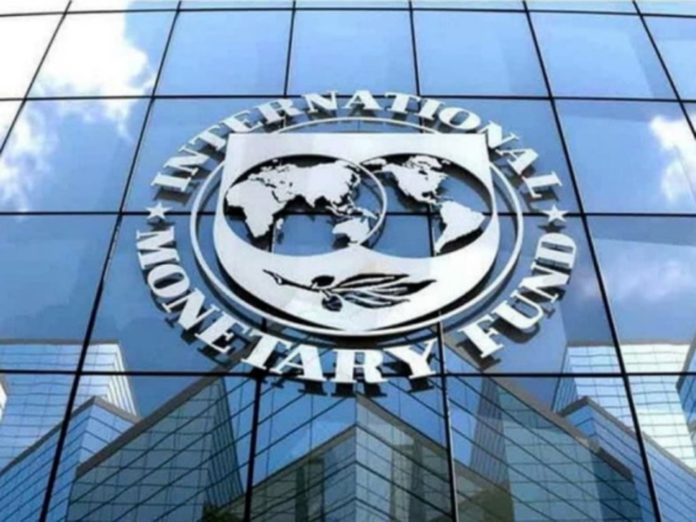Ghana’s classification as high debt distress country is likely to be reviewed after 2028.
This was captured in the International Monetary Fund (IMF) Staff Report released after Ghana passed the third review and board approval for disbursement of some US$360 million.
The IMF in its staff report noted that, Ghana still has the tag due to the near-term breach of the Debt Sustainability Analysis Threshold.
Based on the IMF’s analysis, Ghana will reach a Moderate Risk of debt distress by 2028, when all the targets have been met.
Details on Debt Sustainability Benchmarks for Ghana
Ghana is expected to work to reduce its Present Value of Total Debt to GDP and external debt service to revenue ratios to 55 and 18 percent by 2028.
This will include a revenue based fiscal consolidation with higher spending efficiency.
The IMF also wants a stronger social safety net, as well as structural reforms to support greater exchange rate flexibility, a more diversified economy and stronger growth.
Ghana’s Debt Restructuring
The revelation by the IMF is coming at time government has announced about 90 percent completion of restructuring the country’s debts.
The recent Bank of Ghana Economic and Financial Data report showed that the Ghana’s debt stock has gone down marginally due to progress made by government in restructuring its external debts.
The data showed that the total debt stock reduced by more than 46 billion cedis from September to 761 billion cedis ending October 2024.
“The baseline assumes strong programme ownership and the authorities’ full commitment to implement the Fund-supported programme to restore debt sustainability and bring the debt risk rating to “moderate” in the medium term”, the BoG observed.
This, it said includes the reduction of the PV of total debt-to-GDP and external debt service-to-revenue ratios to 55 and 18 percent, respectively, by 2028.
This entails a revenue based fiscal consolidation with higher spending efficiency and stronger social safety nets, as well as structural reforms to support greater exchange rate flexibility, and a more diversified economy and stronger growth.
Status of Debt restructuring and Negotiations
The Staff report showed that the Official Creditor Committee (OCC) is also working with Ghana on preparing bilateral agreements that can serve as guides for all OCC members to implement the Memorandum of Understanding and the needed agreements are expected to be signed by end of June 2025, whiles it is hoping to soon finalize negotiations with commercial creditors .

